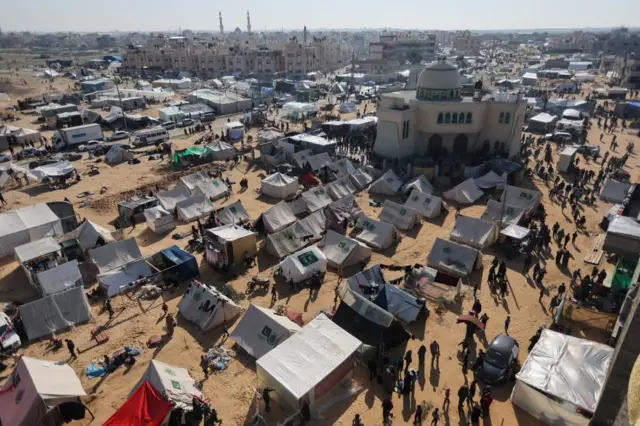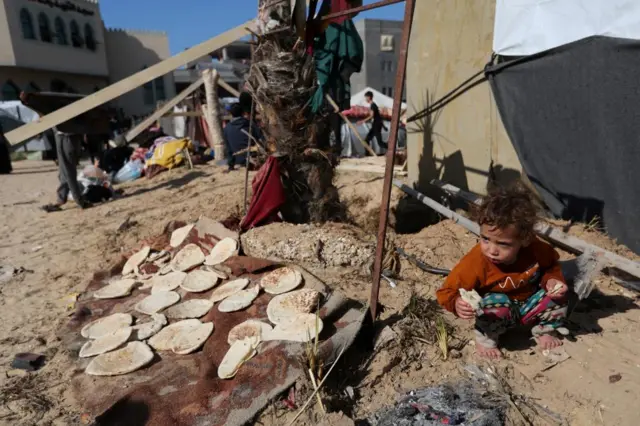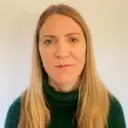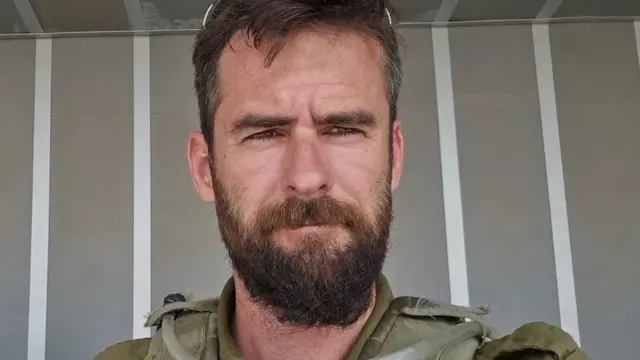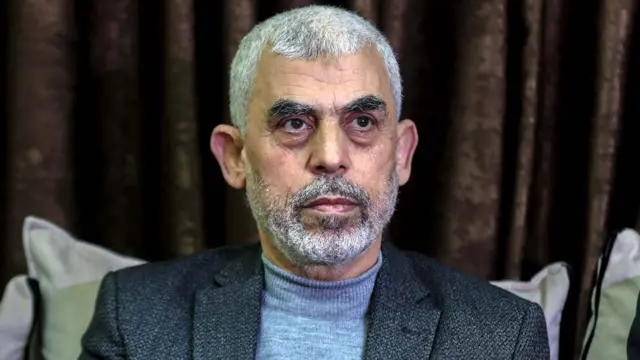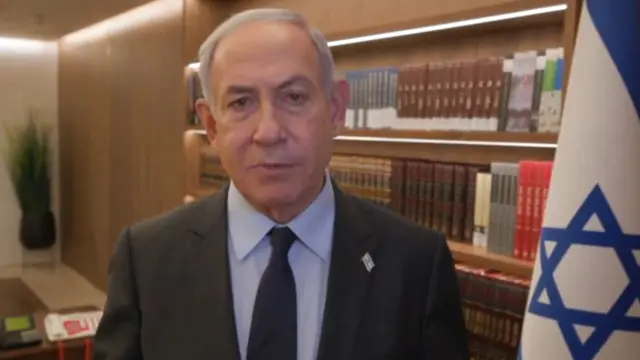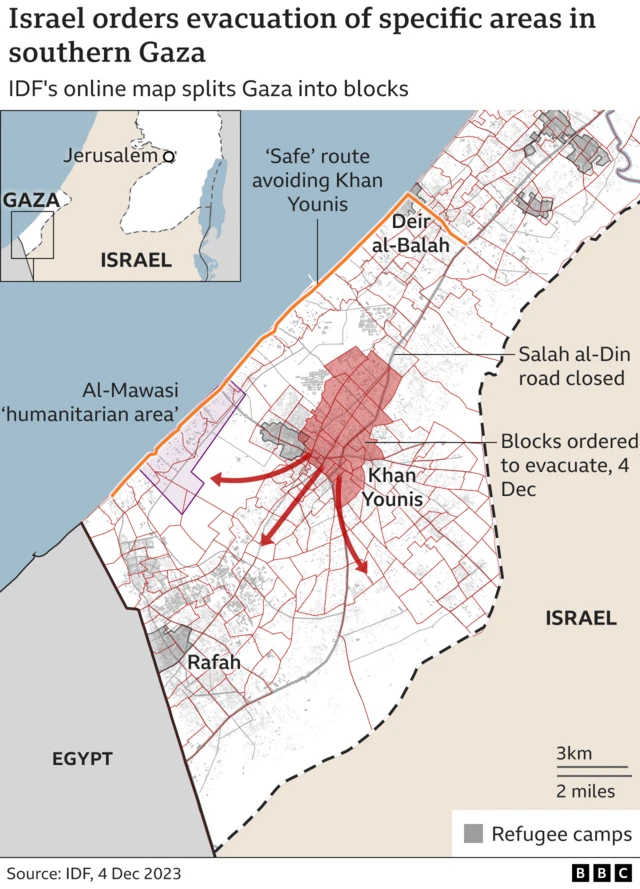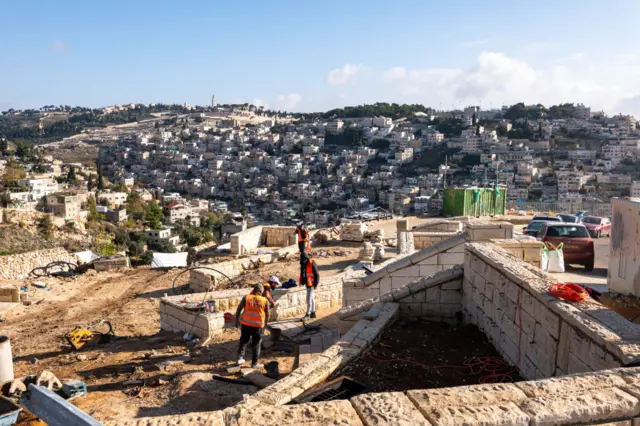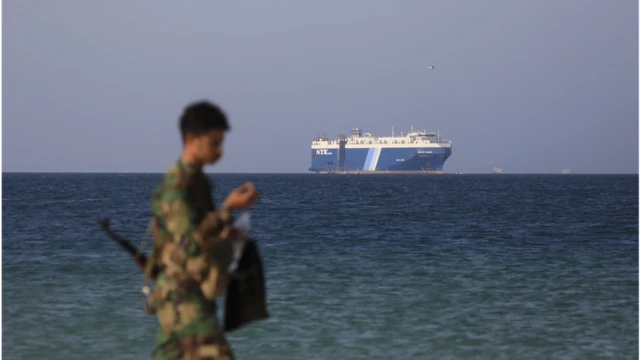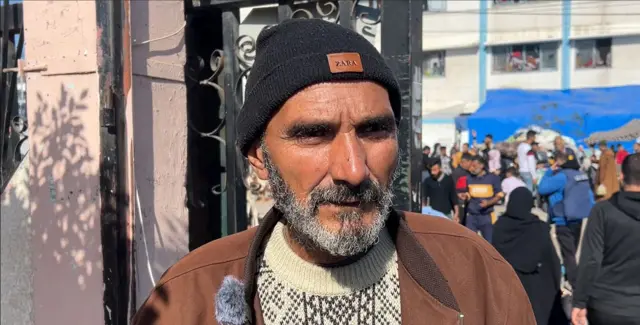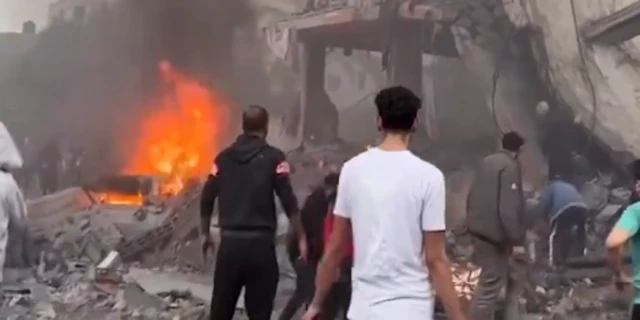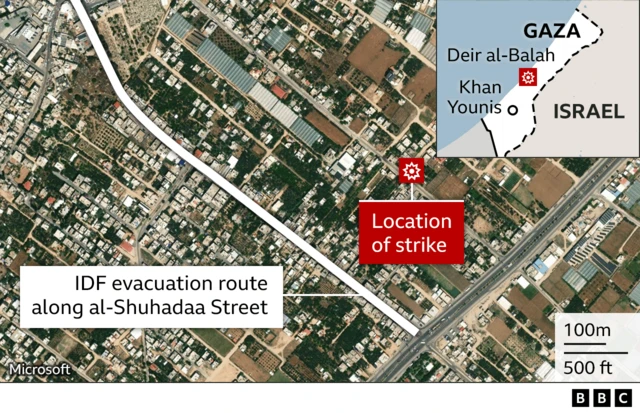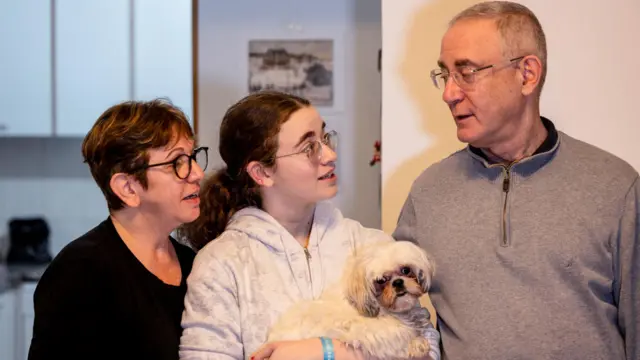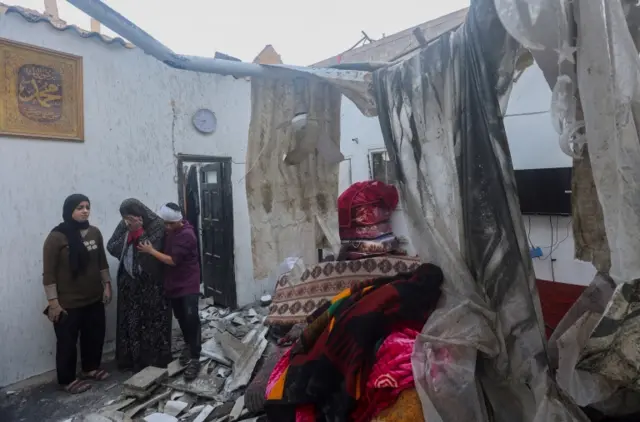Only a handful of doctors working at Khan Younis hospital, says medicpublished at 20:21 GMT 6 December 2023
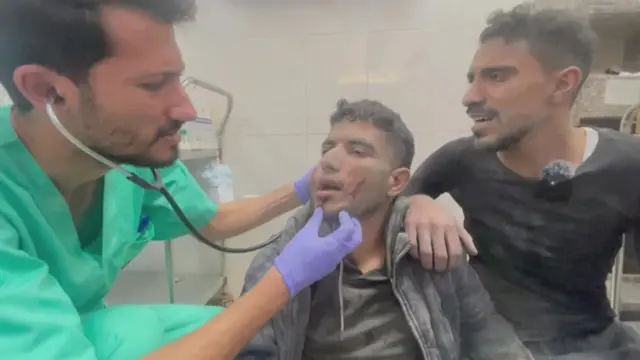 Image source, Reuters
Image source, ReutersA doctor works on a patient at Nasser Hospital in Khan Younis
A doctor at Nasser Hospital in Khan Younis says there are only four doctors working there, compared to between 35 and 40 on a usual working day.
Mohammed Qandil tells Reuters news agency that most of the medical team are finding it difficult to reach the facility.
"They are scared, they don't know the next steps, so everybody is confused and this is affecting the medical team, the nurses and the doctors," he says.
A man at the hospital, Mohammed Hamo, says he was told he would be safe if he moved south, but that that's not the case.
"There is no safe place in Gaza," he says.
